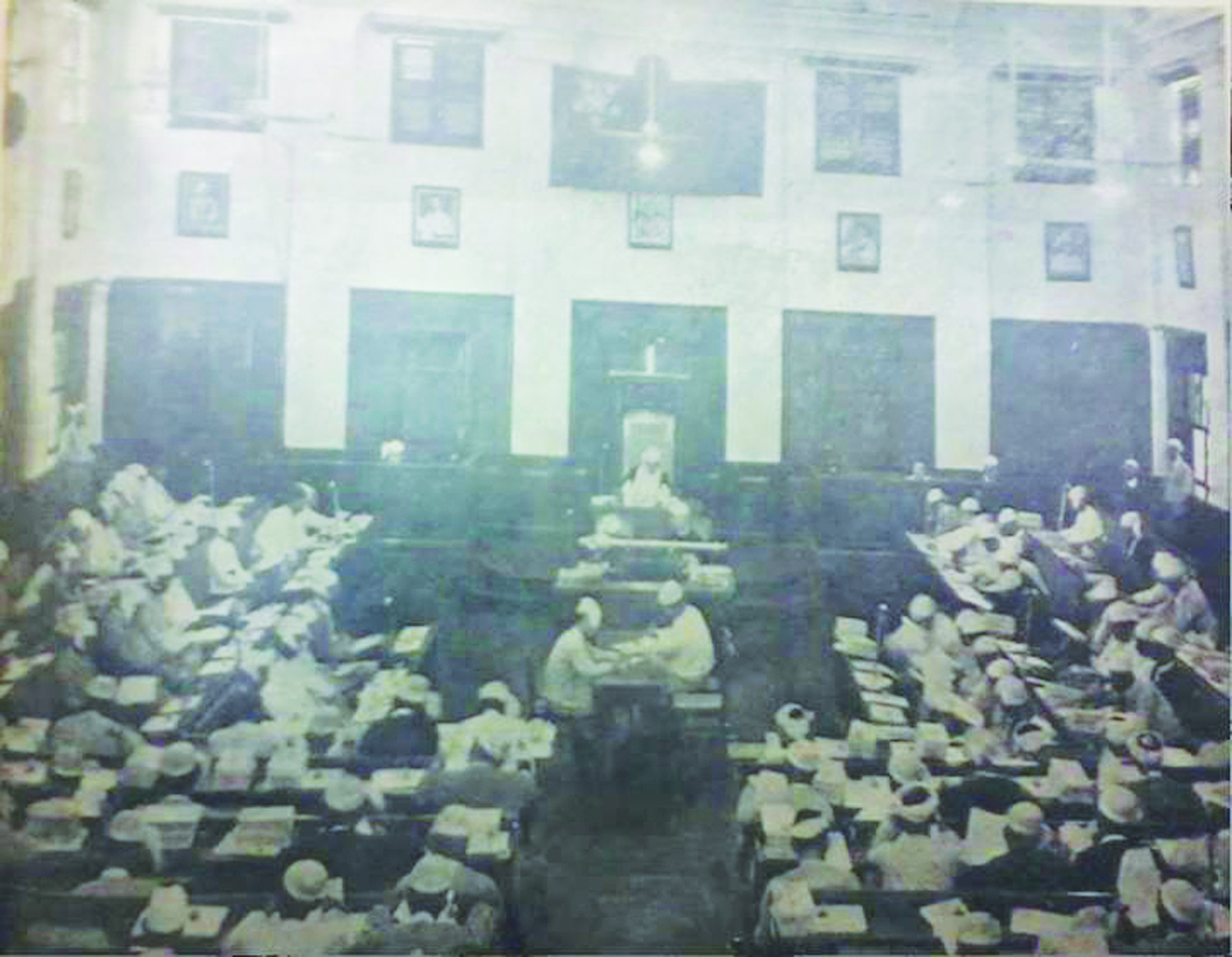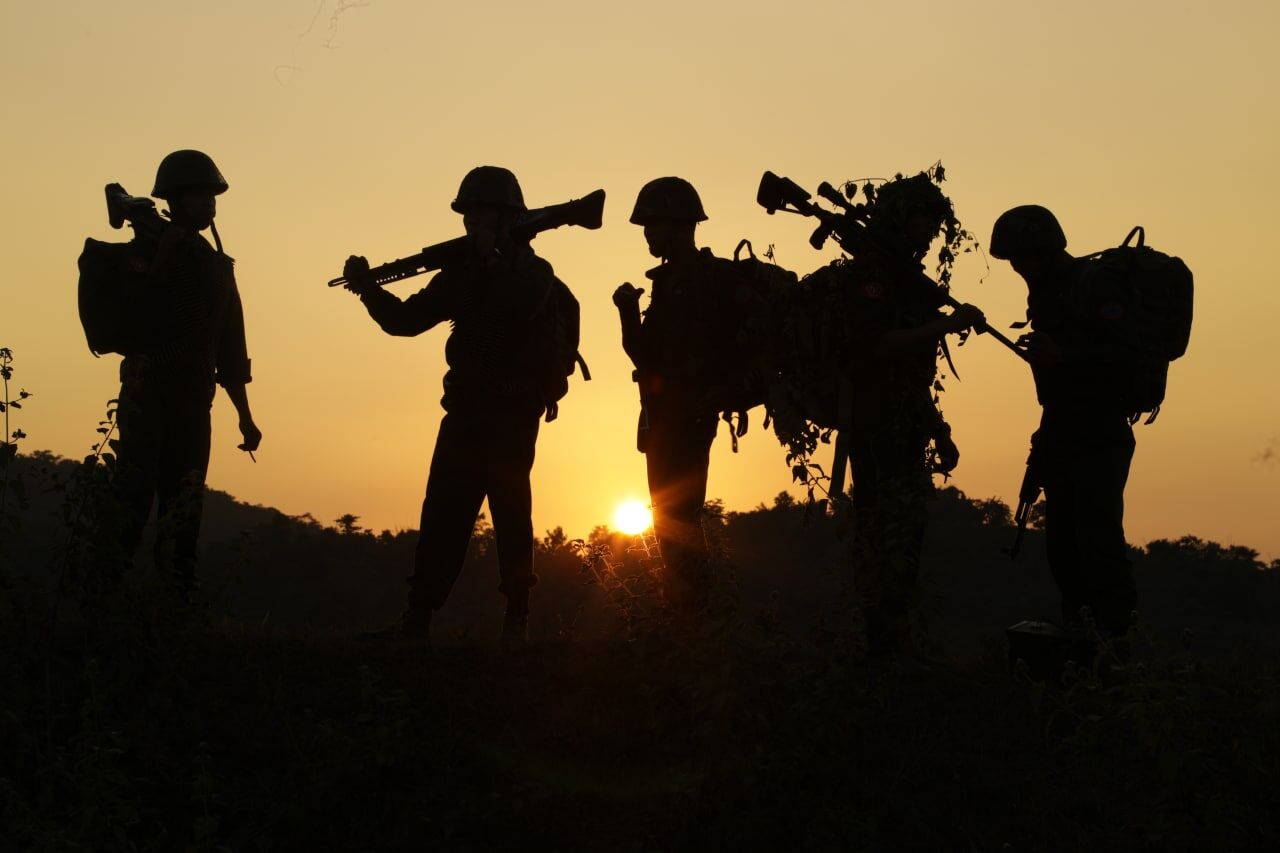CNI News
12 August 2025
Military and political analysts are questioning whether the elections scheduled for later this year in Myanmar could be worse than those held in 1951-52.
The Union Election Commission (UEC) has announced that elections will be held in 267 townships in Myanmar between December 2025 and January 2026.
He couldn't say whether the upcoming election will be worse than the 1951-52 election, Sai Htay Aung, chairman of the Tai Leng (Shanni) Nationalities Development Party (TNDP), told CNI News.
“This election is a big challenge that we have to overcome. Because given the current security situation, the upcoming election could be even worse than the 1951-52 election, that I can't say. However, we must work hard for the interests of the country and the people. The law to protect the election has been issued, and it is necessary for the people to comply with it. In my opinion, the situation is not yet where the public can vote peacefully. The government should also make a promise to the people about what it will do after the election," he said.

While seeing the Parliament in 1951-52
The People's Defense Forces (PDF), the National Unity Government (NUG), the National Unity Consultative Council (NUCC), and the Spring Revolution forces have announced that they will completely sabotage the elections planned by the Union Election Commission (UEC).
Then, political parties and candidates who will run the election begin to face security threats and difficulties.
Meanwhile, Senior General Min Aung Hlaing enacted the Law on the Protection of Multi-Party Democratic General Elections from Disruption and Sabotage on July 29, 2025.
The law stipulates that anyone who commits any crime, such as disrupting, destroying, or causing death, can be sentenced to a minimum of 10 years in prison and a maximum of life in prison, or even the death penalty.
Due to the current instability in Myanmar, the impact of the civil war, and the emergency period, citizens are no longer able to exercise their basic rights as stipulated in Chapter 8 of the Constitution. Dr. Aye Maung, chairman of the Arakan National Front (AFP), told CNI News.

An armed group
"The tuition in 1951 is different from the current one, including the nature of voters. These days, the influence of social media. A piece of news goes viral very fast. How many people want to get back to the situation five years ago? These things will influence the upcoming elections. 80 percent of the people believe that they need a change through an election." he said.
Armed conflicts are severely taking place across the country and revolutionary elements have said that they will sabotage the election and take action against those who participate in the election. So, the people are worried about their security in voting.
The Burma Communist Party, Yebaw Byu, Yebaw Ni, the Pyithu's Yebaw and Karen armed groups launched armed resistance three months after Myanmar gained her independence. And then, in 1949, the government led by U Nu was able to govern in and around Yangon. So, it was called the Yangon Government.
So, the first election that was held in Myanmar had to be held in phases from June 1951 to February 1952 due to weak security and territorial instability.




